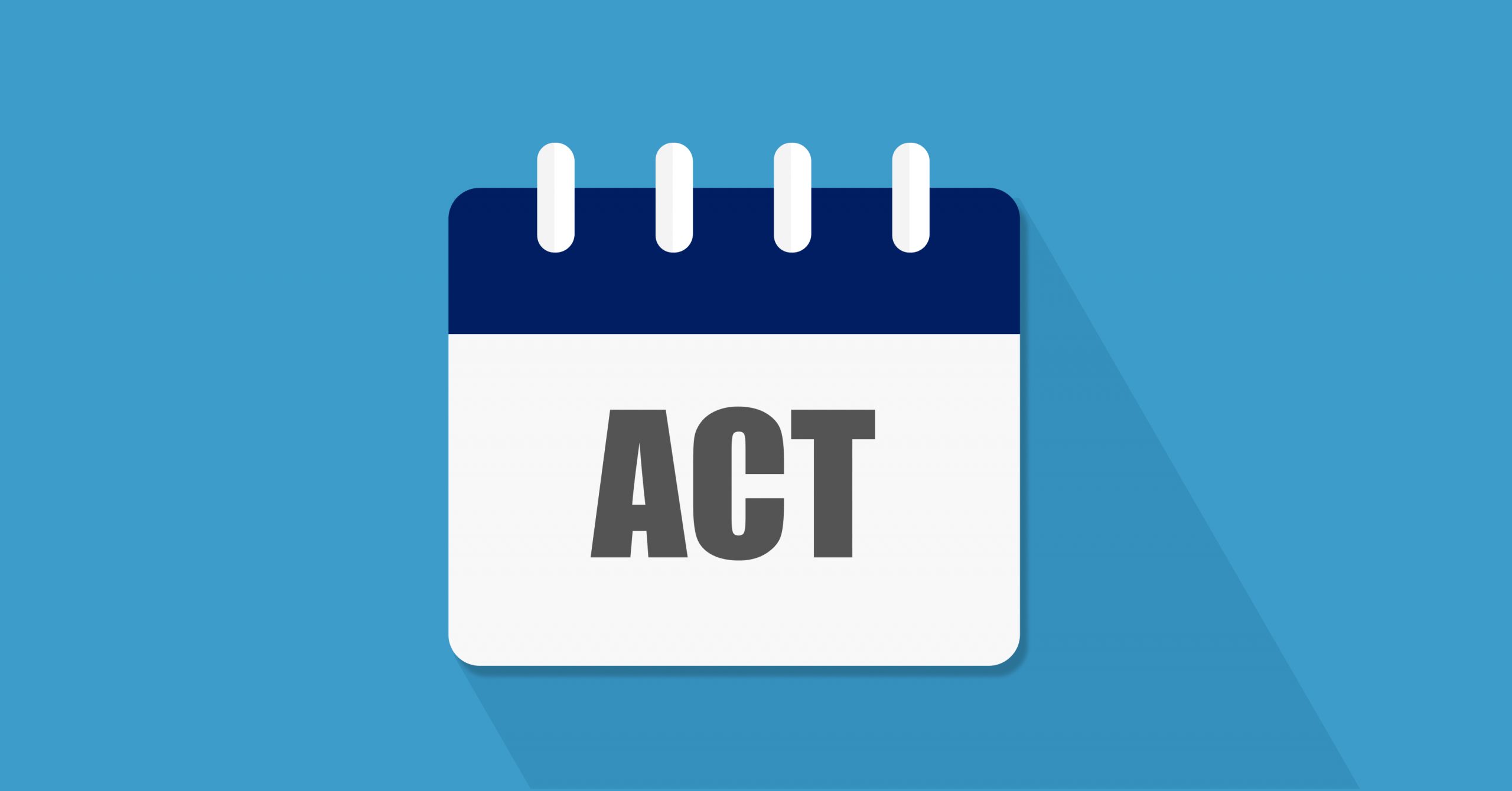Mastering the ACT Math Section: Common Challenges

The ACT Math section is designed to assess your mathematical skills and ability to apply them to real-world scenarios. While the math content is based on what you've learned in high school, the format and time constraints can pose challenges. In this guide, we'll explore common challenges faced by test-takers in the ACT Math section and provide strategies to overcome them.
Common Challenges in the ACT Math Section:
1. Time Management:
- Challenge: The ACT Math section has 60 questions to be completed in 60 minutes, requiring quick decision-making and time management.
- Strategy: Practice pacing yourself during your preparation. Use timed practice tests to simulate the actual testing conditions and prioritize questions based on difficulty.
2. Complex Word Problems:
- Challenge: Some questions involve complex word problems that may be challenging to decipher.
- Strategy: Break down the information provided in the word problem into smaller, manageable parts. Identify what is known and what needs to be solved. Practice translating words into mathematical expressions.
3. Algebraic Concepts:
- Challenge: Algebraic concepts, including equations and inequalities, are prevalent and can be intimidating.
- Strategy: Strengthen your algebraic skills through focused practice. Work on simplifying expressions, solving equations, and understanding the properties of functions.
4. Geometry Applications:
- Challenge: Geometry questions often involve application rather than straightforward calculations.
- Strategy: Understand the geometric principles and theorems. Practice visualizing and interpreting geometric figures. Utilize diagrams and sketches to help you solve problems.
5. Trigonometry Understanding:
- Challenge: Trigonometry questions may pose difficulties for students who are not well-versed in the subject.
- Strategy: Familiarize yourself with basic trigonometric functions, identities, and the unit circle. Focus on the fundamental principles, as the ACT typically tests trigonometry at an introductory level.
6. Interpreting Graphs:
- Challenge: Questions involving graphs and data interpretation may require a quick analysis.
- Strategy: Practice interpreting graphs efficiently. Identify key points, slopes, and trends. Learn to extract information quickly from different types of graphs, including bar graphs, line graphs, and scatterplots.
7. Calculator Dependency:
- Challenge: While a calculator is allowed, relying too heavily on it can lead to errors and consume valuable time.
- Strategy: Master mental math for quick calculations, especially for simple arithmetic and common algebraic manipulations. Use the calculator strategically for more complex computations.
8. Overlooking Details:
- Challenge: The ACT often includes questions with subtle details that can be overlooked.
- Strategy: Develop a habit of reading questions carefully. Pay attention to units, variables, and specific conditions mentioned in the problem. Review your answers to catch any overlooked details.
9. Handling Data Sets:
- Challenge: Questions involving data sets and statistics may require careful analysis.
- Strategy: Practice interpreting data sets and understanding statistical concepts. Brush up on mean, median, mode, range, and basic probability. Work on questions that involve data interpretation.
Strategies for Success:
1. Practice Regularly:
- Regular practice is key to mastering the ACT Math section. Utilize official ACT practice tests and other reputable study resources to reinforce your skills.
2. Identify Weak Areas:
- Identify your weak areas through practice tests and focus on improving them. Dedicate more time to challenging topics during your preparation.
3. Simulate Test Conditions:
- Mimic actual test conditions during your practice sessions. Use a timer, stay focused, and create an environment similar to the actual test day.
4. Learn from Mistakes:
- Review your mistakes thoroughly. Understand why you got a particular question wrong and learn from each error. This helps you avoid similar mistakes in the future.
5. Seek Additional Resources:
- If you encounter challenges with specific concepts, seek additional resources such as textbooks, online tutorials, or tutoring to reinforce your understanding.
6. Utilize Answer Choices:
- Use the answer choices strategically. Plug them back into the problem or eliminate obviously incorrect choices to increase your chances of selecting the correct answer.
7. Manage Test Anxiety:
- Develop strategies to manage test anxiety. Deep breathing, positive visualization, and a confident mindset can contribute to better performance.
8. Prioritize Questions:
- Prioritize questions based on your strengths. Begin with the questions you find most comfortable and gradually tackle the more challenging ones.
9. Review Formulas and Concepts:
- Brush up on essential formulas and mathematical concepts. Having a solid foundation will boost your confidence in solving a variety of problems.
10. Take Care of Yourself:
- Ensure you are well-rested and alert on test day. A healthy mind and body contribute to better cognitive performance.
Mastering the ACT Math section involves a combination of content knowledge, strategic thinking, and effective time management. By addressing common challenges, implementing targeted strategies, and dedicating focused practice to your weaker areas, you can enhance your performance in this crucial section. Approach your preparation with dedication and a positive mindset, and you'll be well on your way to conquering the ACT Math section. Good luck!




